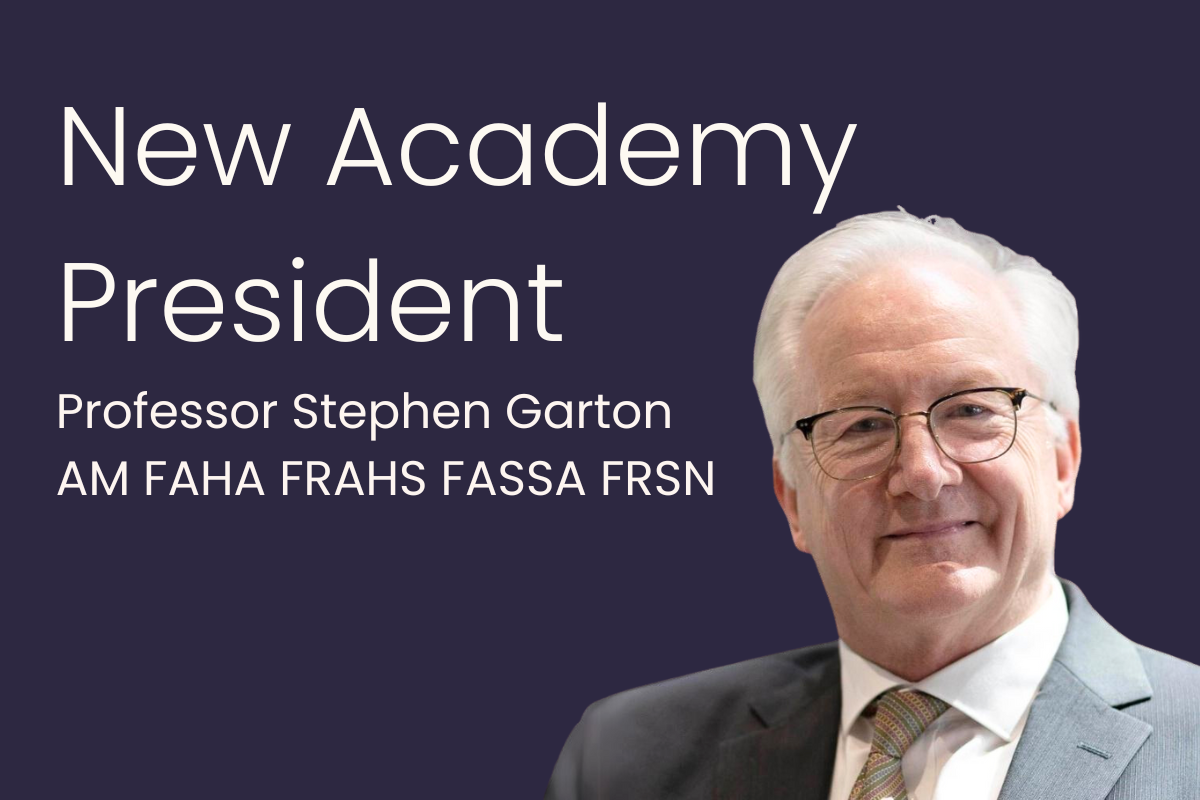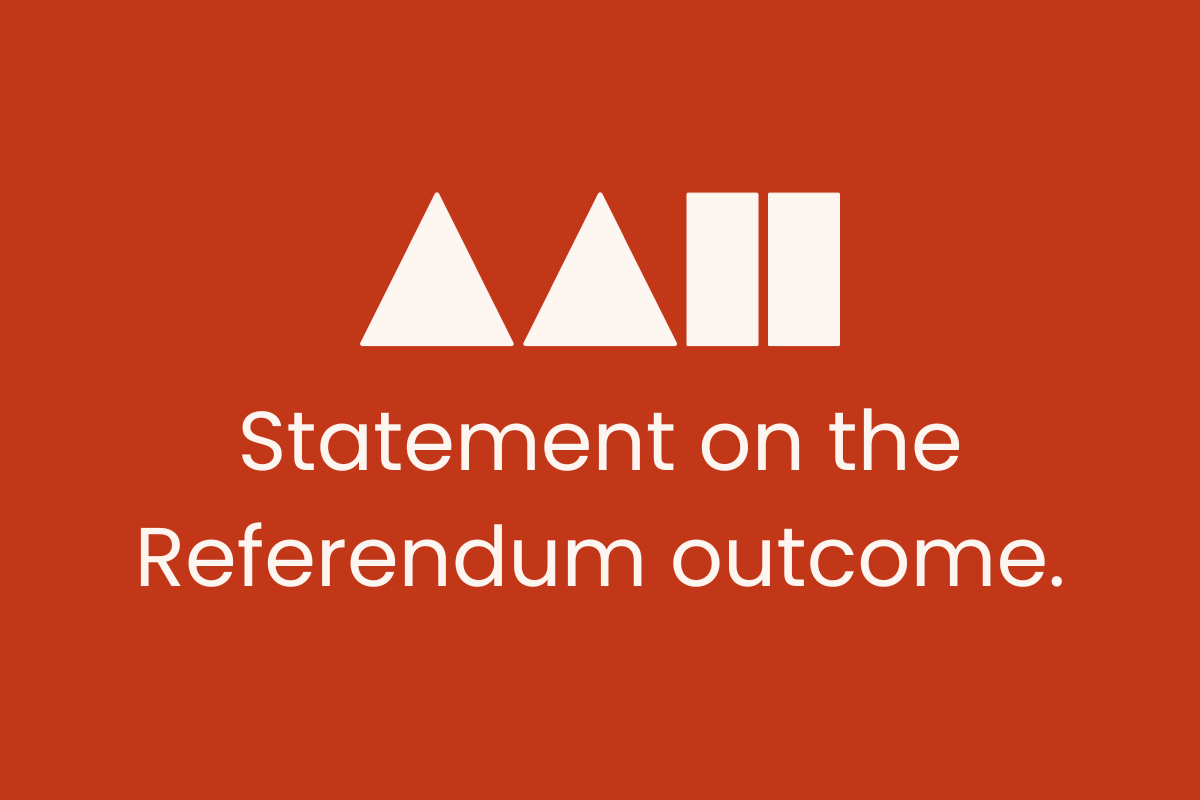We have taken several steps along this path. We are forming a new Indigenous Studies Section and have elected more Indigenous researchers and practitioners to our Fellowship. We are also putting in place structures to recognise and respect Indigenous knowledges and expertise across our policies and programs. The Academy Council now recommits the Academy to these aims in the context of the Voice referendum debate.
The Australian humanities have a long history of listening to and learning from Aboriginal and Torres Strait Islander people. Mutually enriching relationships of knowledge exchange between Indigenous and non-Indigenous scholars exist, but this exchange needs to be far more widespread if we are to realise our commitment to ‘recognise the role and contribution of Indigenous researchers and knowledge custodians’.
To mention just a few examples, the Academy is proud of the research that our Fellows are doing to contribute insight and increase public understanding on:
- the deep 65,000-year history of occupation and management of the continent’s lands and waters;
- the global encounters of First Nations peoples;
- the Frontier Wars and their legacy;
- the ongoing process of colonisation and its centrality in the construction of national identity;
- the long trajectory of survival and political struggle by Indigenous people;
- shifting perceptions of Aboriginal and Torres Strait Islander arts;
- the preservation of Indigenous languages.
While drawing attention to these areas of achievement we also acknowledge the destructive impact of some scholarship and research which has disadvantaged and traumatised Aboriginal and Torres Strait Islander people. The Learned Academies are institutions steeped in the colonial origins of Western knowledge-gathering.
The Council of the Academy acknowledges that humanities scholars have:
- assumed that Western knowledge systems are inherently superior;
- downplayed Indigenous knowledge systems and cultures;
- collected cultural material and human remains without consulting Indigenous people; and
- insufficiently involved Indigenous communities in research about them.
As a Council we acknowledge that diverse views exist on the current plans for a constitutional voice among Aboriginal and Torres Strait Islander people and communities, and among non-Indigenous people and communities. We also acknowledge that constitutional recognition, together with a process for truth telling and reconciliation, is long overdue.
The Council of the Academy is inspired by the courage, intelligence and leadership of Aboriginal and Torres Strait Islander people, families and communities and their contribution to the Uluru Statement from the Heart. We squarely support the Statement’s ambition and its call.
The Council understands that the present demand for a constitutional voice emerges from personal and community struggle – over generations – for justice and political recognition for Aboriginal and Torres Strait Islander people.
We accept the invitation in the Uluru Statement from the Heart to walk together for a better future.
We urge all Australians when they vote in the forthcoming referendum to vote with a commitment to address injustice, to afford constitutional recognition and to create positive change for the future of Australia’s first peoples.
Council of The Australian Academy of the Humanities
Tuesday 4 April 2023;



